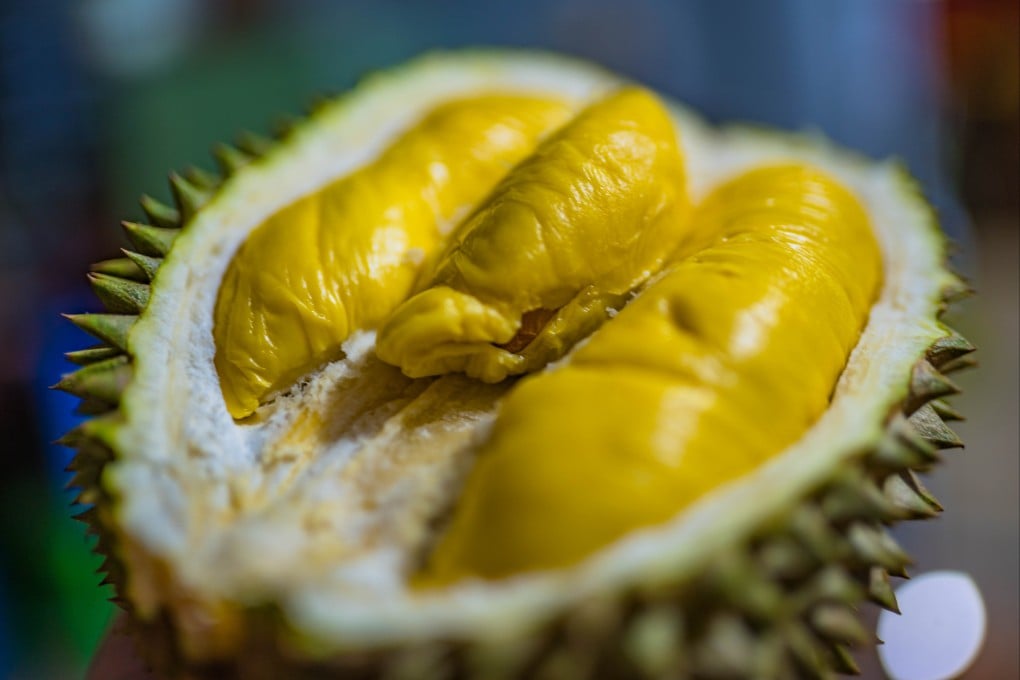Malaysian farmers cater to China’s sweet tooth by dialling down durian bitterness
Purists fear the Musang King’s signature bittersweet balance may be at risk as some growers adapt its taste for the Chinese market

Some farmers are experimenting with its taste, sweetening the fruit to appeal to the Chinese market, sparking a heated debate among durian purists who cherish the variety’s traditional flavour profile.
The Musang King is celebrated for its creamy, golden flesh with a distinctive balance of sweetness and bitterness, but industry insiders say certain growers have been trying to adjust its flavour.
Modifying the taste of durians is scientifically feasible yet complex, according to Dr Zulhazmi Sayuti from the Malaysian Agricultural Research and Development Institute’s Horticulture Research Centre.
While genetic modifications could potentially reduce bitterness, pinpointing the specific genes involved poses a significant challenge. “The feasibility has been shown in other crops; however, identifying the exact genes and ensuring other fruit traits are not compromised presents a challenge,” he said.

Farmers may be able to alter the fruit’s taste profile by controlling the genes responsible for glycosides, such as saponins, which contribute to the inherent bitterness of durians.
